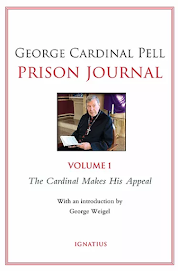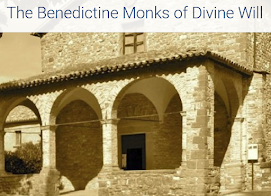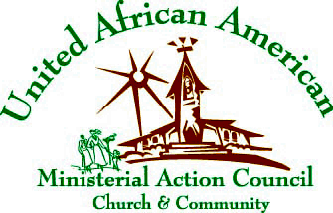Note: This commentary was delivered by Prison Fellowship President Mark Earley.

Just last week, yet another report-this one by the Pew Charitable Trusts-tells us that by 2011 our nation's prison population will grow 12 percent and cost American taxpayers an additional $27.5 billion. By 2011, 1.7 million men and women will live in American prisons. That's more than the population of Atlanta, Baltimore, and Denver combined. What's fueling the skyrocketing prison population? One cause is recidivism-ex-prisoners returning to a life of crime.
More than 600,000 inmates in the United States are released from prison each year. Within three years, two-thirds of them will be rearrested for new crimes involving new victims.
As the Commission on Safety and Abuse in America's Prisons found, the key to reducing recidivism-and, thus, protecting the public from more crime-is comprehensive rehabilitative programming for prisoners.
Prison Fellowship has known this for years, which is why it launched the InnerChange Freedom Initiative(r) program (or IFI) in Texas back in 1997. IFI's faith-based program provides prisoners a highly structured, intensive regimen of character education, community service, pre-release training, and rehabilitation programs. It links prisoners with trained mentors who will walk alongside them before and after release.
And IFI works. An independent study by the University of Pennsylvania shows that graduates of IFI programs in Texas were far less likely to return to prison within two years than inmates who did not graduate from IFI.
No wonder that IFI has expanded to six states. With all the bad news about crime and prisons lately, don't you think it's great to hear that something is finally working to rehabilitate prisoners?
Well, not if you're Barry Lynn or Americans United for the Separation of Church and State. You probably know by now that they sued IFI, Prison Fellowship, and the State of Iowa over the IFI program at the Newton Correctional Facility. Tragically, a federal judge sided with Americans United and ruled that IFI violated the establishment clause of the Constitution.
But on February 13, three judges-including former Supreme Court Justice Sandra Day O'Connor-heard IFI's appeal before the Eighth Circuit Court of Appeals. We expect to hear their decision within the next few months. You can actually listen to the oral arguments by visiting our website, BreakPoint.org. In fact, I urge you to tune in-and to pray for a favorable ruling for IFI.
At a time when all the signs are pointing to more crime and rising prison populations, we cannot afford to take effective faith-based programs and lock them out of America's prisons.





















No comments:
Post a Comment